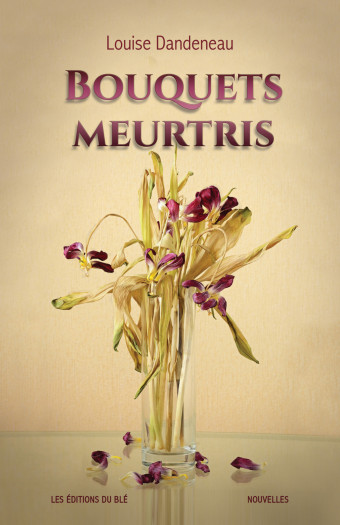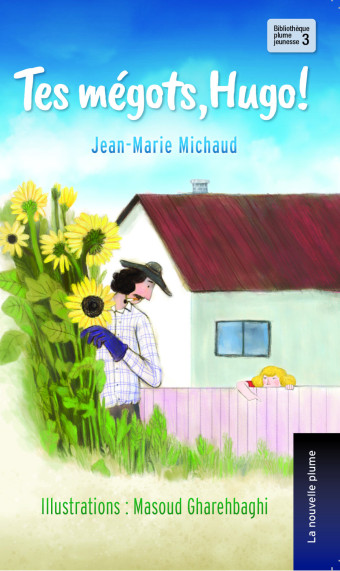Bertrand Nayet captures his memories, his emotions, and his life moments in his new collection of poems.
“This second notebook, in a series of three, is about me. I share the good and the not so good,” says the author of à deux degrés du paradis – Les carnets de mythologies appliquées – deuxième carnet.

- à deux degrés du paradis
- Bertrand Nayet
- Les Éditions du Blé
- $17.95 papier, 138 pages
- ISBN: 978-2-924915-00-4
Nayet was born in France and now lives in St. Norbert, Manitoba. His first notebook won le Prix littéraire Rue-Deschambault. It features a series of poems about people who came before him.
“Each literary prize is a good thing for the person who receives it. It’s a sort of recognition that what they have written has been read and understood. We are understood,” Nayet says.
The title of the second notebook comes from two definitions of the word degrees. Degrees is a measure of temperature and also a way to note longitude and latitude on a map.
“Human beings are always two degrees from happiness, as they are two degrees from suffering,” Nayet says.
Among his poems, he especially likes the ones for his son and daughter. He also notes a poem inspired by a bar in St. Boniface, a poem about a farmer who has lost his farm. “When I went to the Nicolette, it seemed to be a place full of despair. It was a combination of the place and the people. My parents lost their farm in the 1980s and it all came back to me.”
Nayet started to draw before he could write, and he also illustrated his book. For him, creating has become a habit. “I always have a pencil in hand.”

At the age of six, he discovered poetry at school. “It really struck me. For me, it was like a window opened on a whole new world. It was constant after that. It had my attention much more than the study of grammar,” Nayet says.
When people get his poetry, he is happy. “It really warms my heart,” he says. “I try to write in the most simple way, to be understood by as many people as possible. I play with words like the artist plays with colours. My objective is to entertain myself and find joy in the act of creating.”
After having taught French and theatre to high school students, Nayet retired last year. “It’s poetry that I most enjoyed teaching,” he says. “With poetry, there are really no wrong answers. We pay attention to the imagery and the emotions it evokes in us. We can’t go wrong.”











